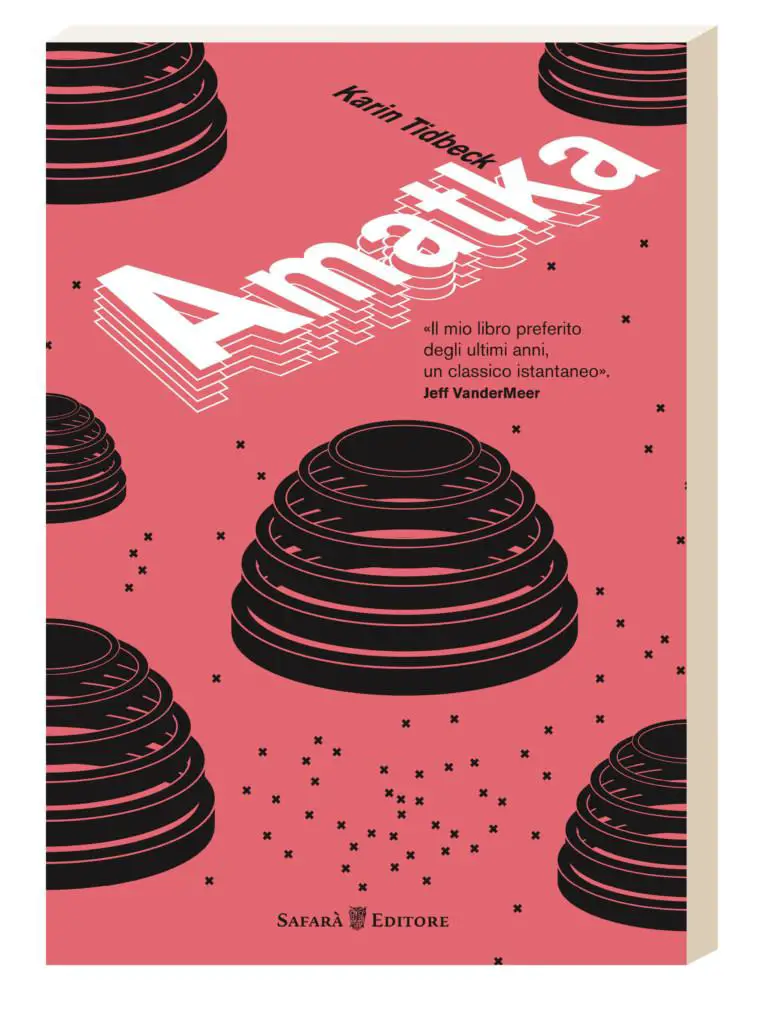
Most recently, philosophers such as Giorgio Agamben or Daniel Heller-Roazen have forwarded similar constructivist theses about language in texts such as The Fire and the Tale (Stanford 2017) or No One’s Ways ( MIT 2017). In philosophy, a long tradition of investigating the central powers of language exists. Consequent on this contention is the power that something might have if it does not have a name. A set of simple yet profound questions oriented the novel’s transformation during its composition: “What is a world like that is ruled by language? How does a society survive in such a world? And what happens to the individual people who live in it?” Here, language holds a premier relationship with the construction of social, political, and individual visions of the world. Then it was a set of dream notes, a collection of flash fiction, and, finally, a long-form narrative. The novel we know of as Amatka originated as a shifting possibility of genres as long ago as 2007. Anglophone readers have had to wait some time for this book. The recent English translation of Amatka follows on this early promise, although Swedish readers will know that Amatka was in fact released in its original language in 2012. Wintry and wise, they incorporate myths, mysteries, and familial histories. The stories in Jagganath mark out Swedish territory in the Nordic weird tradition. In the hands of writers such as Sinisalo, fiction’s promise to readers is that, “when they open the book, anything could happen.”Īt just about the same time as Sinisalo was advocating the diagonal properties of the Finnish weird, Karin Tidbeck’s startling and highly original collection of short stories Jagganath (Cheeky Frawg, 2012) emerged in English translation. As Sinisalo wrote here at the WFR in 2012, where others might see and write about the world in straight lines, the Finnish weird is premised on “diagonal” relationships. There exists a palpable sense of excitement about the Nordic twist on weird writing.

WorldCon 75 is being held this August in Helsinki.

It was not so long ago that Finnish fiction from authors such as Leena Krohn, Johanna Sinisalo, and Jyrki Vainonen became prominent in English-language discussions of the weird. Weird fiction is increasingly international even as it returns to traditional themes and concerns.


 0 kommentar(er)
0 kommentar(er)
